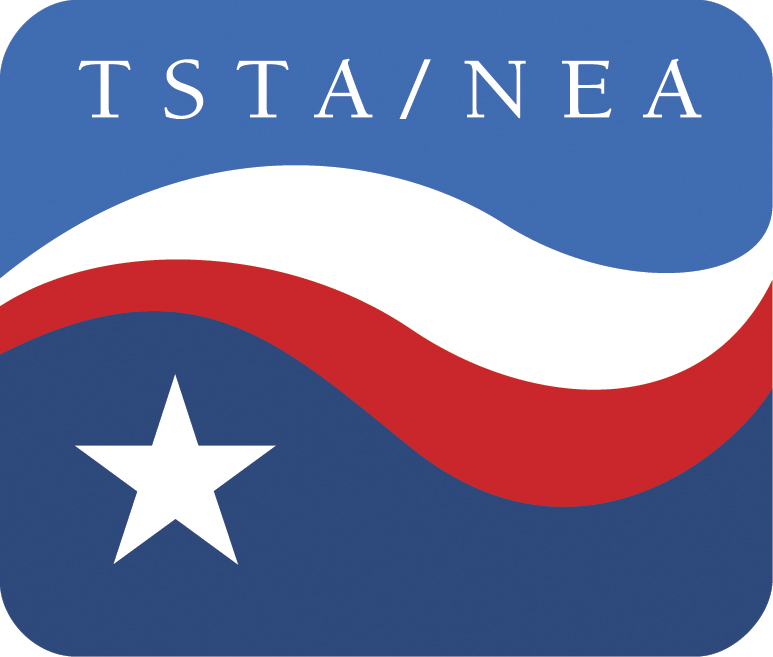Two school privatization bills up for hearing
School privateers will be out in force later this week when Senate Education Committee Chairman Larry Taylor trots out the first two pieces from his package of bad education bills. And what, you may ask, are school privateers? They are the folks, usually claiming to be education “reformers,” who measure reform by the amount of school tax dollars it can divert into their pockets, not how it can strengthen learning opportunities for Texas children.
The two bills scheduled for a committee hearing on Thursday – SB894 to plunge head-first into expanded online learning in Texas and SB6 to impose an A-F grading system on public schools – are cause for privatization salivation.
The online learning bill would remove important state restraints on the virtual learning industry even in the face of new research warning that accountability for instructional quality in online programs is lagging while private profits are expanding – with taxpayer dollars.
Under present law, school districts can refuse to pay for more than three electronic courses per year per student and can deny a student the opportunity to enroll in an online course if the district offers a substantially similar classroom course. As introduced, SB894 would repeal those safeguards and eliminate a $400 cap that current law sets for each individual online course.
The bill also would open up fulltime online programs to more students, including kids in kindergarten through second grade, and would end a moratorium on the establishment of new fulltime, online public schools. In effect, it’s a voucher bill for online schools.
Nationwide, according to the Great Lakes Center for Education Research and Practice, some 400 fulltime virtual schools enrolled more than 263,000 students in 2013-14. Private companies operated about 40 percent of those virtual schools and nearly 71 percent of all students. But 28 percent of the virtual schools weren’t rated for accountability or performance, and of the 285 schools that were rated, only 41 percent were considered academically acceptable.
It’s time for Texas to put the brakes – or, at least, apply more accountability standards – to virtual schools rather accelerate their creation.
The second objectionable bill, SB6, would apply letter grades, A-F, to individual schools under the state’s accountability system. This is an effort to transfer the blame for school failings to administrators and teachers who continue to deal with under-funding and budget cuts from the legislative majority. It also would more easily single out “failing” schools for takeover by corporate charters or other privatization efforts, rather than provide these neighborhood schools the resources they need for student success. The bill is part of the three-step privatization process – under-fund public schools, declare them a failure and them privatize them.
Virtual learning and A-F campus grading, by the way, were pioneered in Florida under then-Gov. Jeb Bush, where they remain part of the lore of Florida’s fictitious “education miracle.” In reality, the grading system is a mess, partly because the state keeps changing grading standards and partly, as the Florida Education Association points out, the system has been used to “shame and blame” students and teachers rather than as an effective diagnostic tool for teaching.

2 Comments
[…] TSTA blog previews a couple of bad education […]
[…] TSTA blog previews a couple of bad education […]